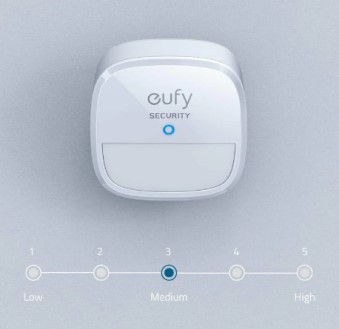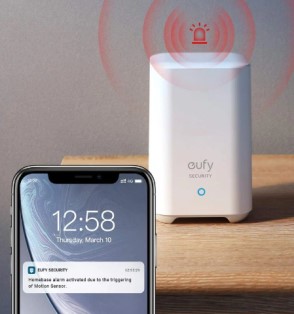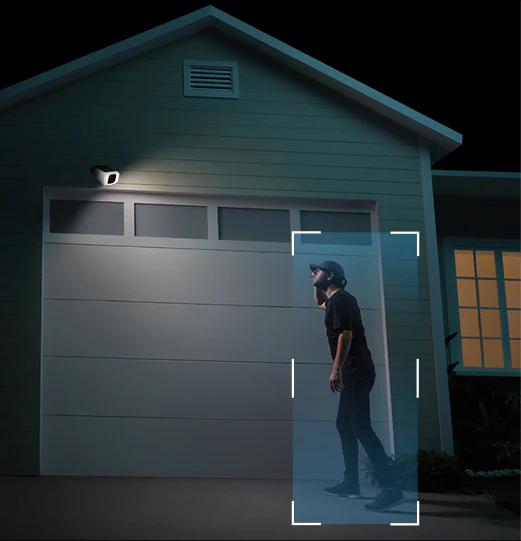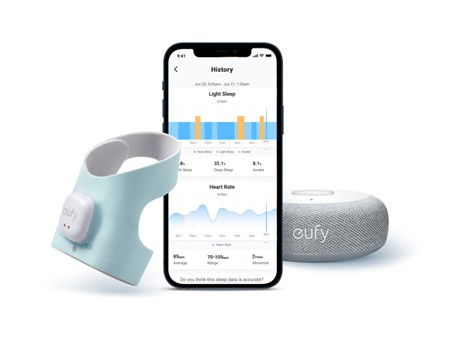Home Monitoring Systems: A Beginner’s Overview
As technology advances, home monitoring systems have become more accessible and necessary for homeowners. Understanding the fundamentals of home monitoring systems is critical whether you’re a first-time buyer or thinking about improving your current security arrangement. In this beginner’s guide, we’ll look at the essential components of these systems, including their functionality and how they contribute to your house’s overall security and convenience.
Understanding Home Monitoring Systems
A home monitoring system is a network of interconnected devices designed to monitor and secure various aspects of your home. These systems typically include a combination of cameras, sensors, and smart devices that work together to provide real-time information about the status of your property. The primary goal is to enhance security, but modern home monitoring systems often extend their capabilities to include automation, energy efficiency, and remote accessibility.
Key components of a home monitoring system may include security cameras, door/window sensors, motion detectors, smart doorbells, and a central hub or control panel. These devices communicate with each other through wired or wireless connections, allowing for seamless integration and control.
Security Cameras and Surveillance
Security cameras are a central component of home monitoring systems, offering a visual layer of protection for your property. These cameras come in various types, including indoor and outdoor cameras and models with advanced features like pan-and-tilt functionality and night vision.
Indoor cameras are great for monitoring the interior of your house since they provide a live stream or recorded film that can be accessed remotely. Outdoor cameras are built to resist the weather and provide monitoring of your property’s outside, discouraging would-be burglars. Many contemporary security cameras have motion detection, two-way audio, and mobile app connection, allowing you to get alerts and converse with guests or family members from any location.
Sensors and Automation
home monitoring system use sensors to detect and respond to certain occurrences in your house. Door/window sensors are frequently used to monitor access points, sending an alarm when a door or window is opened. Motion detectors provide additional protection by monitoring movement inside certain regions.
These sensors not only contribute to security but also enable home automation. For example, a smart thermostat connected to your home monitoring system can adjust the temperature based on whether the house is occupied or empty. Similarly, smart lighting systems can be integrated, allowing you to control and schedule lights remotely for added security and energy efficiency.

Remote Accessibility and Integration
Home monitoring systems’ significant advantages are their ability to provide remote accessibility. Through mobile apps or web portals, homeowners can monitor their property in real-time, receive alerts, and even control various devices from anywhere with an internet connection. This level of connectivity enhances convenience and peace of mind, allowing you to stay informed and take action even when you’re away from home.
Modern home monitoring systems include integration with other smart home equipment. This interconnection enables a streamlined and comprehensive approach to house management. A smart lock, for example, may be combined with the monitoring system, allowing you to manage and monitor the entrance to your house remotely.

Conclusion
A home monitoring system is a comprehensive solution beyond traditional security measures. Understanding the fundamental components, such as security cameras, sensors, and automation features, empowers homeowners to make informed decisions about their security needs. The ability to remotely monitor and control your home adds a layer of convenience and peace of mind that was once unimaginable.
Whether you want to enhance security, embrace home automation, or both, a home monitoring system provides a customizable and scalable solution. As technology evolves, these systems will become even more sophisticated, offering homeowners increasingly advanced tools to protect and manage their homes. As a beginner, exploring the possibilities of home monitoring systems is a step toward creating a secure, connected, and efficient living environment.


